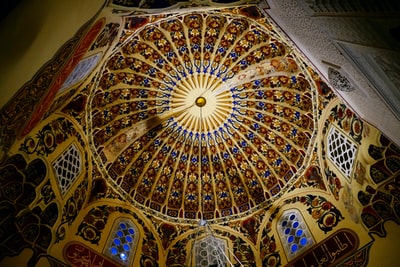The Elections, 1928-1930

The battle between the Nazis and the Communists was on. By the time of the July 1932 election, the Nazis had serious funding behind them, and could afford to organise spectacular propaganda campaigns that presented the same simple but powerful message as they had always voiced. Hitler was able to travel around Germany in an aeroplane to campaign day or night, something previously unheard of.
The Communists didn’t have the same level of resources, and also spent a lot of their time attacking the SPD as well as Hitler. The atmosphere on the streets by this time had turned very ugly: Nazi and Communist paramilitary groups often got into brawls and gunfights, and tried intimidating supporters of their enemies.
In the July 1932 elections, the Nazis pulled away from the Communists, winning 37.4% of the vote (230 seats), compared with the Communists’ 14.5%.But in the November 1932 elections, the Nazi vote decreased to 33.1% (196 seats), whereas the Communist Party got 16.9% of the votes and 100 seats.
Government Troubles

Weimar’s leading political figures continued to be unable to form governments. Article 48 was pretty much being used to run Germany. Of course, with the Nazis now being the largest political party, their support would be a massive bonus to anyone who wanted to form a government. Hindenburg and his political ally Franz von Papen, who was Chancellor between June and November 1932, hatched a plan that they thought would win them Nazi support in the Reichstag without having to make too many concessions to Hitler. They offered to make Hitler Vice-Chancellor. Hitler said he would only settle for the role of Chancellor. Foolishly thinking that they would be able to prevent him from doing anything too crazy, they agreed.